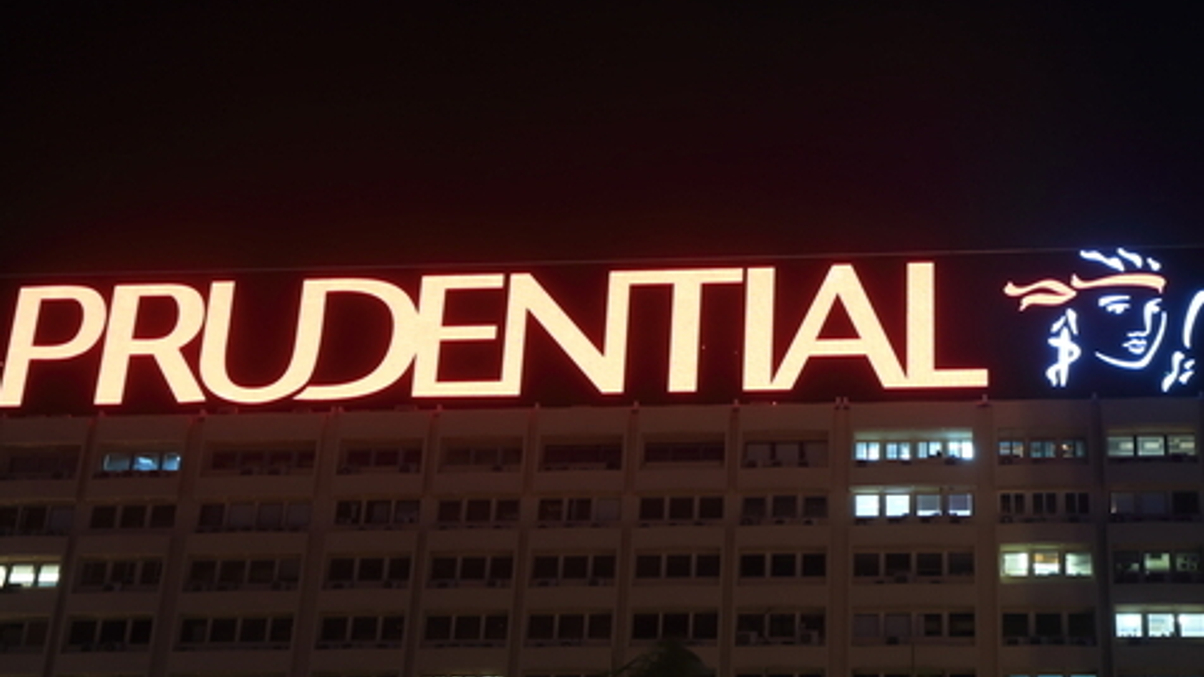Prudential beats Amundi in Thai asset manager auction
Banks in Southeast Asia are selling their asset management arms as risk management costs rise and clients seek more adventurous products, drawing interest from Western insurers.

Prudential has gained a foothold in Thailand’s mutual fund market by acquiring 65% of TMB Asset Management from TMB Bank, beating off fierce competition from international rivals for a rare, sizeable business in a growing market.
Sign in to read on!
Registered users get 2 free articles in 30 days.
Subscribers have full unlimited access to AsianInvestor
Not signed up? New users get 2 free articles per month, plus a 7-day unlimited free trial.
¬ Haymarket Media Limited. All rights reserved.


